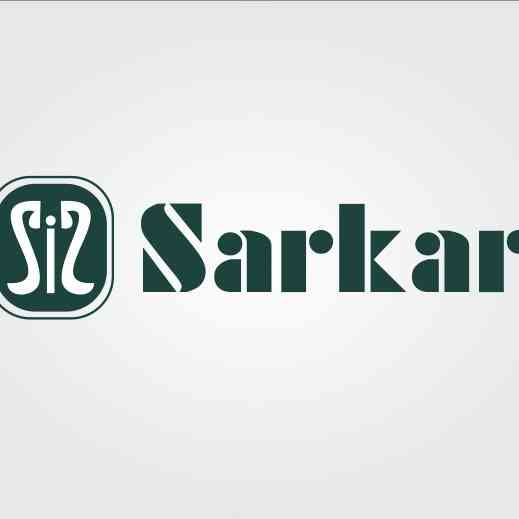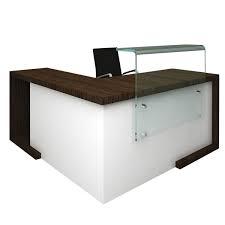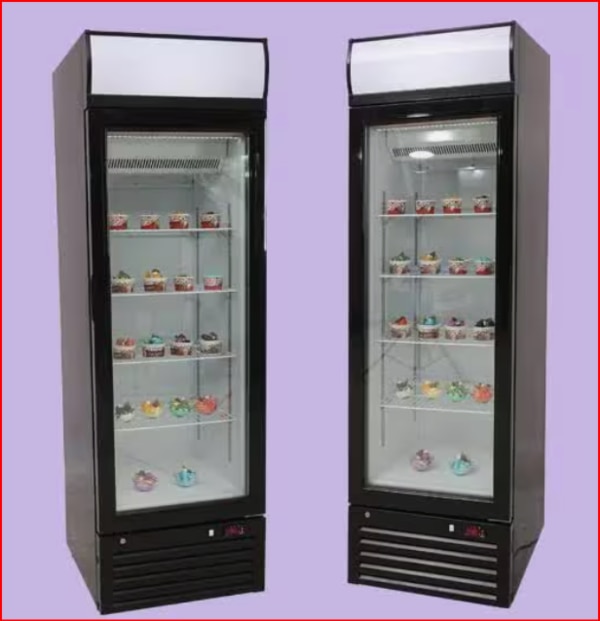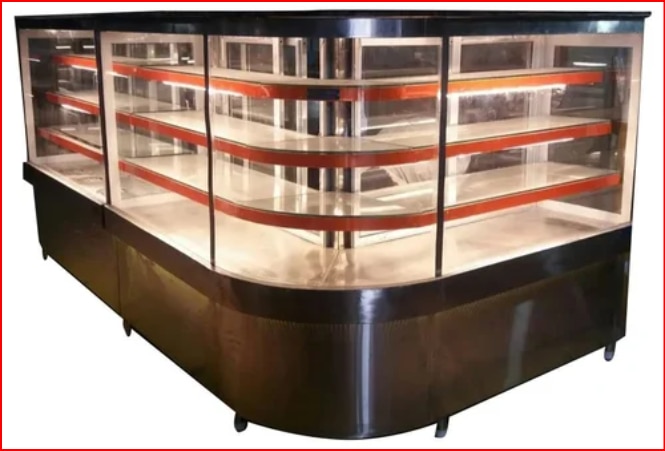A cash counter is a designated area, often a physical desk or workstation, where cash transactions are processed. It's where customers pay for goods or services and receive change. In a retail setting, it's often the final point of interaction before a customer leaves the store. Cash counters can also be found in banks, casinos, and other businesses that handle cash. Here's a more detailed breakdown: Key Functions: Payment Processing: Accepting cash, credit/debit cards, and other forms of payment. Change Making: Providing customers with the correct change. Transaction Recording: Recording sales and managing cash flow. Inventory Management (in some cases): Some cash counters are integrated with inventory systems to track sales and manage stock levels. Customer Service: Addressing customer inquiries and resolving issues related to transactions. Types of Cash Counters: Retail Cash Counters: Found in supermarkets, convenience stores, and other retail locations, often featuring conveyor belts for scanning items and designated areas for bagging. Bank Cash Counters: Used for various banking transactions, including deposits, withdrawals, and currency exchange. Casino Cash Counters: Used for cashing out chips and handling other financial transactions within the casino. Standalone Cash Counters: Simple counters used for basic cash transactions, often found in smaller businesses or temporary setups. Features: Cash drawers: For storing cash and coins. Point of Sale (POS) systems: To process transactions and manage inventory. Scanners: For reading barcodes on products. Printers: For generating receipts. Security features: Such as surveillance cameras and alarms. Importance: Cash counters are essential for businesses to handle financial transactions efficiently and accurately. They play a crucial role in customer service and ensuring smooth operations within a business
Send Message



